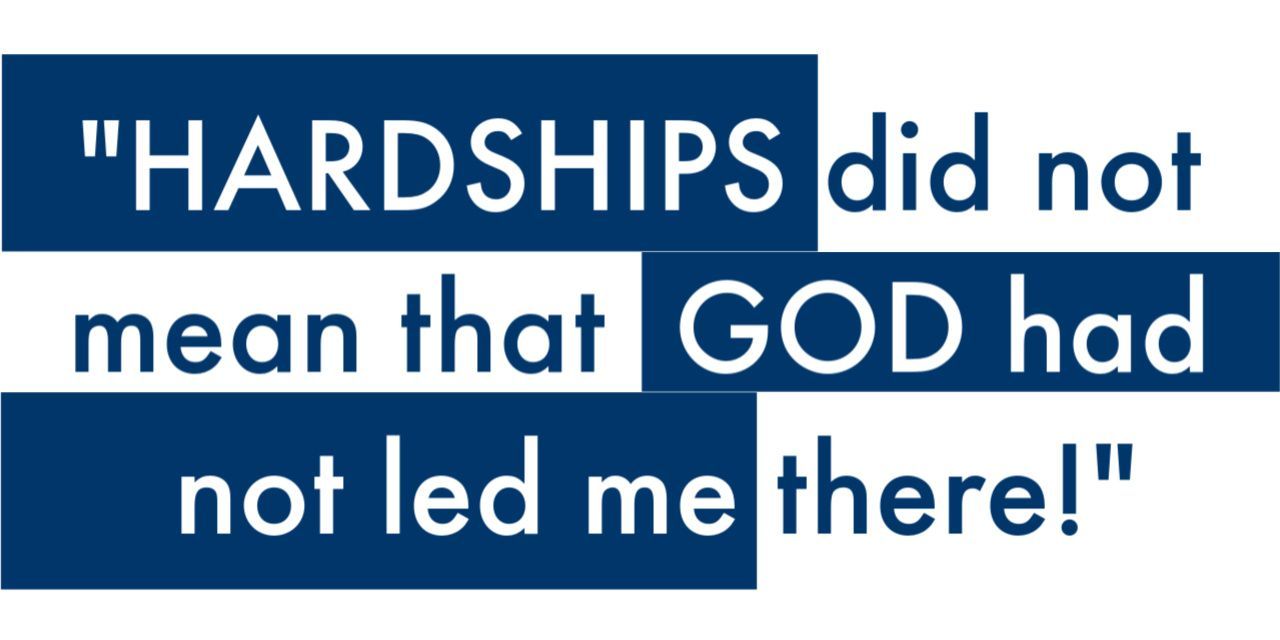
Missions - Different Than I Expected
From Caleb, a medium-term mission worker.
A Balanced Perspective
Have you ever wondered what the life of a mission worker is really like? I was able to get a taste of it through a cross-cultural internship and it really helped build a balanced perspective.
When I arrived on the field, key parts of my internship included teaching English to locals and spending a considerable amount of time building relationships. I played table games, ping pong, drank coffee, and even learned Thai Kick Boxing! I began to see that missions life is not some glorified life; it is living out life in Christ while doing regular things, but in a different culture and language and with a people who view the world differently than I do. In some ways it was not as difficult as I expected.
More Difficult Than I Thought
One the other hand, I learned that missions life can be more difficult than anticipated. It was difficult to be away from home, especially during Christmas or when I had to miss my friend’s wedding. It was difficult when I got sick (for a month!) without familiar supports, and frustrating when I could not clearly express myself due to the language barrier. However, I learned that despite the difficulties I cannot give up, and just because there were hardships, it did not mean that God had not led me there! I learned not to let these challenges slow me down but to continue doing what I was doing and enjoy the adventure as I was doing it!

In addition to these lessons, I discovered that as a mission worker, you never get to the place where you have learned everything there is to know , particularly when it comes to ministry. Learning is ongoing and includes continuing to discover new methods of sharing the Gospel, new ways of reaching out to people, and learning things you should and should not say.
Looking to the Future
I was recently married and my wife, Raquel, and I are preparing to go overseas once again. We are excited about what God has in store for us!
Choosing an internship or missions opportunity can be overwhelming! We'd love to help you find an opportunity that matches your gifts and passion. Our experienced mission coaches are ready to connect with you!
Additional Posts





